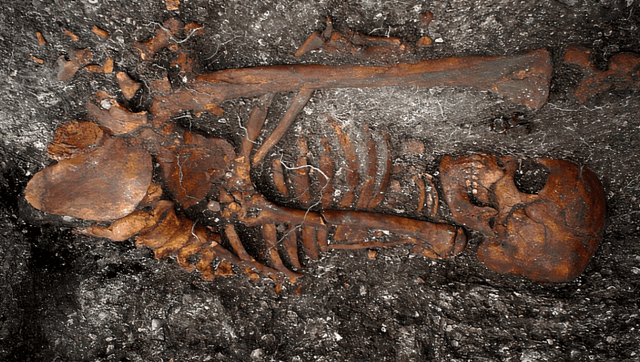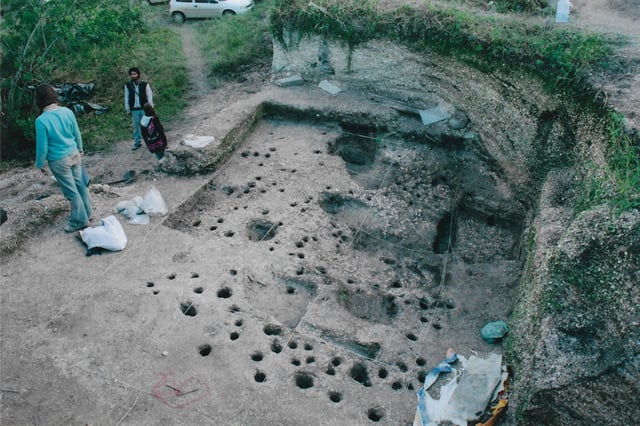Overview
- Researchers have discovered the oldest known genomic evidence of Treponema pallidum, the bacterium that causes syphilis, in 2,000-year-old bones unearthed in Brazil, predating the first trans-Atlantic contacts.
- The findings suggest that syphilis-like diseases were already present in the Americas at least 500 years before Columbus set sail.
- The genome recovered from the Brazilian sample suggests that T. pallidum bacteria first evolved to infect humans as far back as 12,000 years ago.
- The study does not confirm or refute the theory that Columbus's voyage led to the importation of Treponema and the outbreaks of syphilis in the 1500s.
- Further research on ancient genomes from across the world might be able to solve the mystery of the bacteria's global distribution before the voyages of Columbus.



